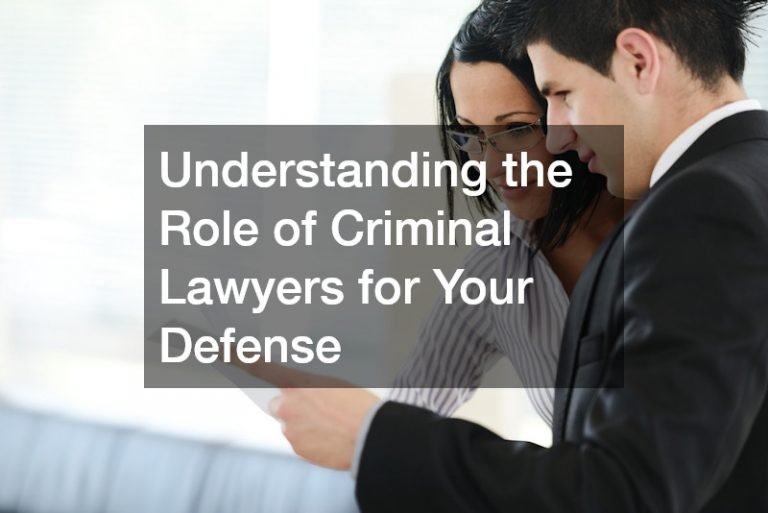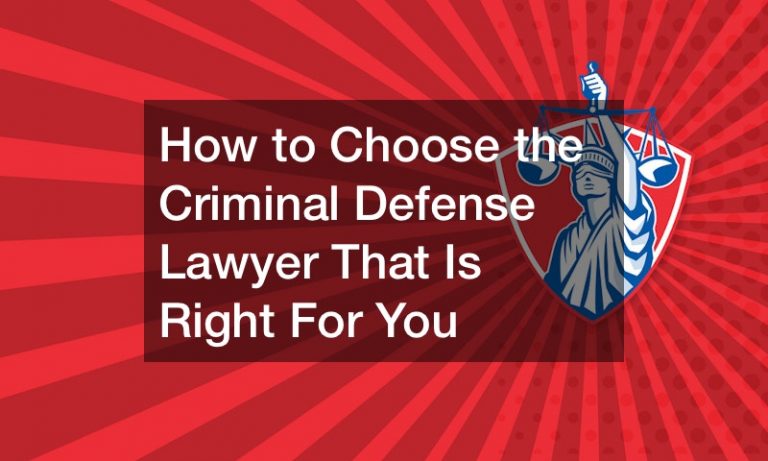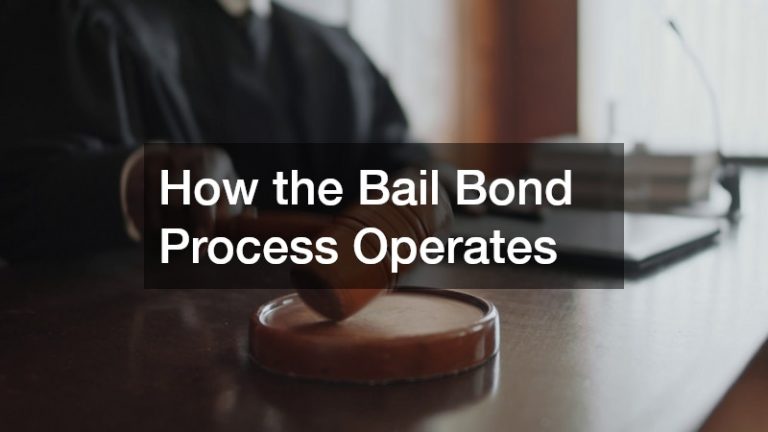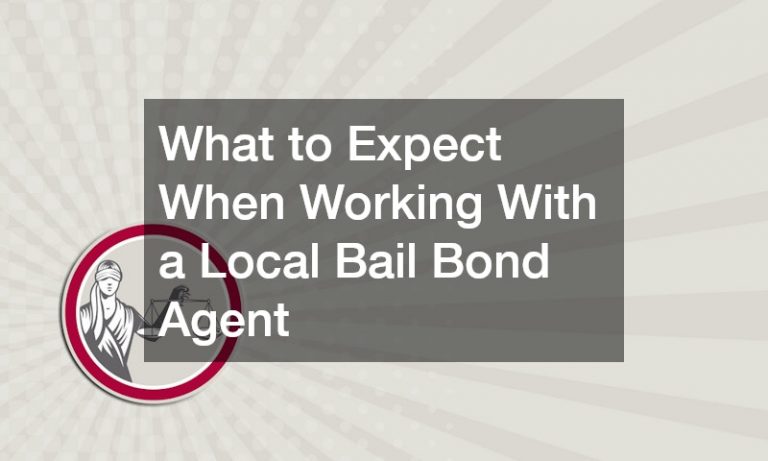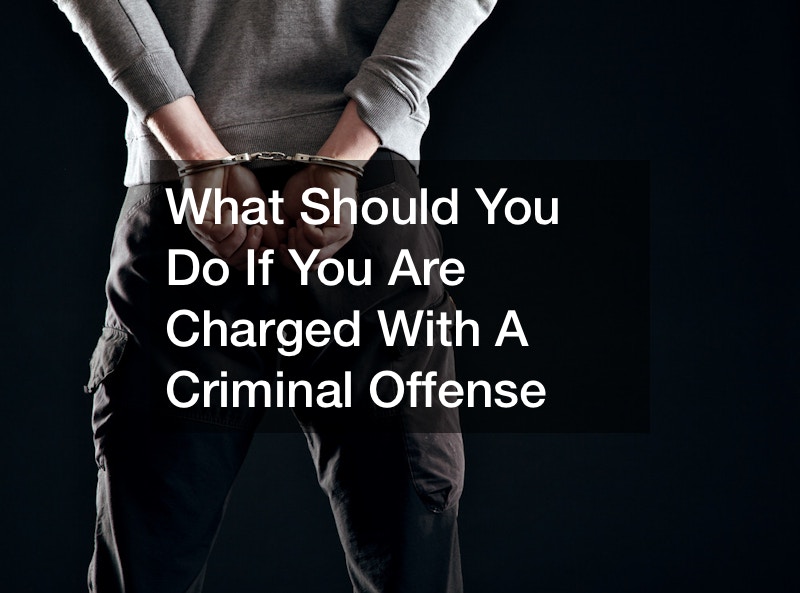
Getting charged with a criminal offense can be frightening. Thus, being curious about how to take actions that will benefit you is understandable. These are some tips for what to do if you ever experience a criminal charge of any magnitude.
Cooperate With the Authorities
The most important thing to remember is that you must cooperate with the charging officers. Resisting arrest, arguing, or trying to flee can lead to many problems you won’t want on your plate. Therefore, you should remain respectful while a police officer questions you while you are in his or her custody.
Keep in mind that you have rights, however. That means you don’t need to disclose anything unnecessary. For example, you must avoid confessing anything without an attorney’s representation. You have a right to hire a board certified criminal defense lawyer to assist you at any point in the matter.
The police officers will take you in for a process they call ‘booking.’ During this process, they will take information regarding your identity and put you in the system for the charge.
Shortly after that, they will speak to a judge about whether to release you on your own recognizance or assign bail to your release. A bail is an amount of cash a judge may require you to pay if he or she feels you pose a risk.
If assigned a bail amount, you must pay it before getting out of jail and returning home to your job and family. Otherwise, you’ll have to stay incarcerated until your trial comes up.
Whether a judge imposes bail will depend on the nature of the crime and your history. He or she will likely let you go without paying bail if this is a first offense and you have only a misdemeanor charge. Alternatively, the bail amount may be low enough to handle yourself. Felony bail bonds will likely be much higher.

Learn More About Your Case
It’s crucial that you understand everything you need to know about your case. The first answer you need to learn is whether the plaintiff accuses you of a felony or misdemeanor. Most misdemeanors carry a jail term of up to one year, and some do not have a mandatory jail term.
Felonies, on the other hand, have much stiffer sentences and may require a convicted person to spend time in federal prison. The fines associated with a felony are also much higher than the ones for misdemeanor crimes. Either way, getting convicted of a crime can harm you significantly. You will lose credibility with your friends and family members. You can also lose your job or have difficulty getting another job with a recent crime on your record.
Furthermore, a criminal record can prevent you from renting adequate living quarters or bar you from enrolling in federal programs to receive housing assistance. That’s not to mention all the ways you can suffer financially and the time you could lose with your family if you have to go to jail.
For all the above reasons, you should learn as much as possible about the charges. You can perform independent research or speak to a board certified criminal defense lawyer to get your needed answers.
Contact Your Family and Employer
Another thing you need to do if you get charged with a crime is notify all interested parties about what’s going on with you. Your family will need to know if you are in jail and are under investigation. Your employer must also know if you can’t come to work. You can use your phone call privilege to contact someone close to you who can handle all the daunting tasks associated with the arrest.
This person can contact a good criminal attorney or board certified criminal defense lawyer if you need representation. He or she can also inform your employer that you won’t be available to work. Alternatively, you can give that person your login information to request personal time off if you have it in your bucket. That way, you won’t need to explain your unfortunate circumstances if you don’t want to.
A close friend or family member can also help you find a good bail bond company. Bail bail companies assist defendants by fronting some of the money to pay their bail. Each company offers different services and handles itself differently.
To get a bail bond, someone must offer the licensed bail bondsman a down payment and, in some cases, a piece of collateral to ensure you will show up at the specified court date. You may use automobile titles, home deeds, stocks, and bonds for collateral if the bail bond company deems them necessary. The person who pays the bail bond company will also need to offer a down payment before they will assist with your case.
Once you obtain an affordable bail bond service, you can get out of jail until your court date comes up. You’ll be able to take care of your family, work on your impending case, and show up at your job so that you won’t lose it.

Hire an Attorney
Once you receive your release from the jail’s custody, it will be in your best interest to contact a reliable attorney’s office. The type of board certified criminal defense lawyer you will need will depend on the crime you are accused of. For example, you will need a criminal law office for issues such as robbery, assault, harassment, DUI, and the like. You will need a drug lawyer specializing in drug possession, illegal growth, or sales charges if the police accuse you of such activities.
Before you hire a criminal law office to assist you, you must conduct proper research. You’ll need to look for several qualities in a prospective board certified criminal defense lawyer. One quality you’ll need to look at is case history. A respectable attorney will have documentation or statistics that specify the number of cases he or she has won. You’ll need to ask for that information to know you’re dealing with a real winner. You’ll also need to ensure the board certified criminal defense lawyer truly cares about defending you thoroughly.
Next, you’ll need to discuss the fees and ensure they fall within your income bracket. Some attorneys ask for a flat rate to represent clients, while others allow their clients to enter installment agreements to get the help they need. Ensure you ask for such information and compare at least three law offices before making such a crucial decision.
The first step to take toward hiring a board certified criminal defense lawyer is to schedule a consultation. Some consultations are free, while others may cost a few hundred dollars. Your local area and market set the mode for such prices.
It’s possible to find an attorney in your area who provides free consultations for criminal cases, though. Keep seeking the right board certified criminal defense lawyer, and you will find that person eventually. It’s never advisable to hire an attorney hastily. You’ll need to take your time and go through the proper vetting process if you sincerely want the board certified criminal defense lawyer to help you win.
The client reviews and testimonials are also essential to the evaluative process. Thus, you’ll need to make reviewing them part of your vetting process. When checking star ratings, you’ll want to ensure that any attorney you hire to help you has at least three stars and many positive reviews. People are usually honest and forthcoming about their experiences with their board certified criminal defense lawyer. They are likely to speak positively about an upstanding law firm and negatively about a firm of which you should be quite leery. You will see the same subject matter present itself repeatedly if the law firm you’re considering isn’t a good fit.

Take all the time you need to review your law firms’ profiles and choose the one best-suited to help you with your situation.
Work on Your Case
Once you obtain representation, you can start working on your case with the board certified criminal defense lawyer you hired. You can take many avenues to protect yourself against prosecution.
The defense mechanism your attorney uses will depend on your unique situation. One of the first things a board certified criminal defense lawyer might do is try to get you off the hook based on a procedural error. For example, a judge may dismiss your case if a police officer fails to read you the appropriate Miranda Rights. The second step the attorney might take is to establish doubt with the judge or a jury. Criminal cases can be fought with only a mustard seed of doubt. Therefore, your lawyer may work with you to place someone else in the act during the incident or search for an alibi to put you somewhere else when the alleged crime occurred.
In drug-related cases, the board certified criminal defense lawyer may try to help you prove that the drugs were not yours or someone planted them to frame you. The prosecution is saddled with the burden of proof. However, you risk being railroaded if you take the case alone. It’s in your best interest to have a seasoned attorney in your corner with several strategies in mind for getting your case dismissed, reduced, or dropped.
In some cases, attorneys work with the prosecution to reduce the charges. For example, you may have an impending felony drug charge, and the prosecutor may agree to charge you with a lesser offense if you plead guilty. This arrangement is called a plea bargain, and many people decide to do it because the penalties are much less than what they would have been if convicted for the original charge.
You are not obligated to accept a plea bargain. However, in some cases, the board certified criminal defense lawyer feels it’s best to take such an agreement. That might happen if the prosecution has heavy evidence against you or the presiding judge is a known stickler in some instances. Your lawyer will advise you on the best steps to protect yourself. You can choose to do what he or she suggests, or you can choose to take a different approach to your benefit or detriment.
Another way an attorney can help you is by negotiating your consequential terms after you receive a conviction. Unfortunately, not all cases end well for the accused. Sometimes, a judge or jury decides that an individual is not innocent, and then the judge sentences the defendant with the appropriate punishment. Some crimes require the defendant to pay fines, serve jail time, or complete specific necessary programs. In that case, your attorney may have the prowess to convince the judge to reduce your jail time, lower your fines, or allow an alternative sentence, such as community service, probation, ankle bracelet wear, or something similar.

Spend Time With Your Family
During a court proceeding, it’s vital to spend as much time with your loved ones as you can. You don’t know the future and whether your time will be cut short. The goal is to prove your innocence and prevent you from having to spend a moment in jail. However, you must be realistic in understanding that some cases don’t go as planned. Therefore, you should do as much with your family as possible.
Schedule some private family time with your kids and spouse. Take a short vacation if you have no traveling restrictions. Also, set up plans with your family members regarding how they will handle your incarceration if you have to spend time in jail. This might be a good time to discuss visitation expectations, money matters, childcare, and other such situations.
You may also want to consider giving one of your close family members power of attorney to handle matters that pertain to you if you are absent for a specified time. That way, you can ensure someone handles your financial matters well while you’re away. Don’t hesitate to take that step if the case doesn’t seem as strong as you would like it to be. Doing so will allow you to do your time without any worries.
The long and short of the situation is that you need to contact a 24 hour bail bonds company and go through the bail bond process so you can get out of jail before your court date. Then you need to locate and hire a board certified criminal defense lawyer you can trust. From there, you can allow your attorney to shoulder the case and defend you using his or her multitude of talents. It’s not too late to reach out to an attorney’s office and get someone on your case. You have nothing to lose and everything to gain.
